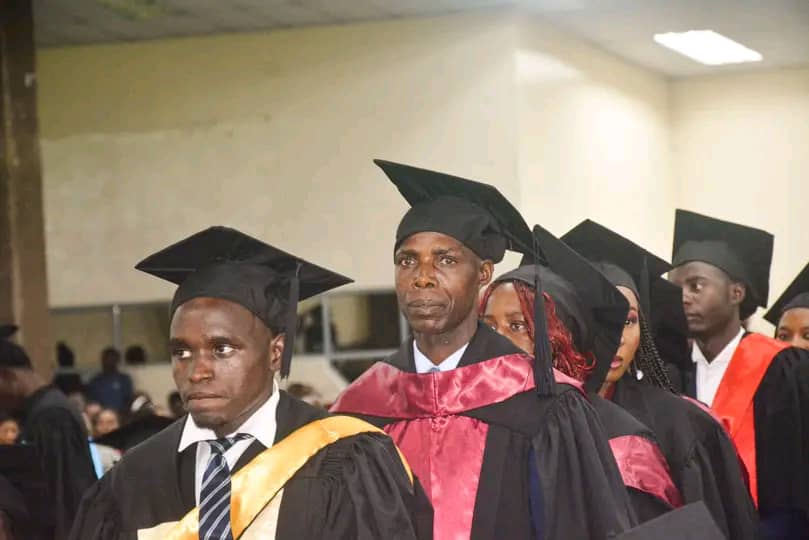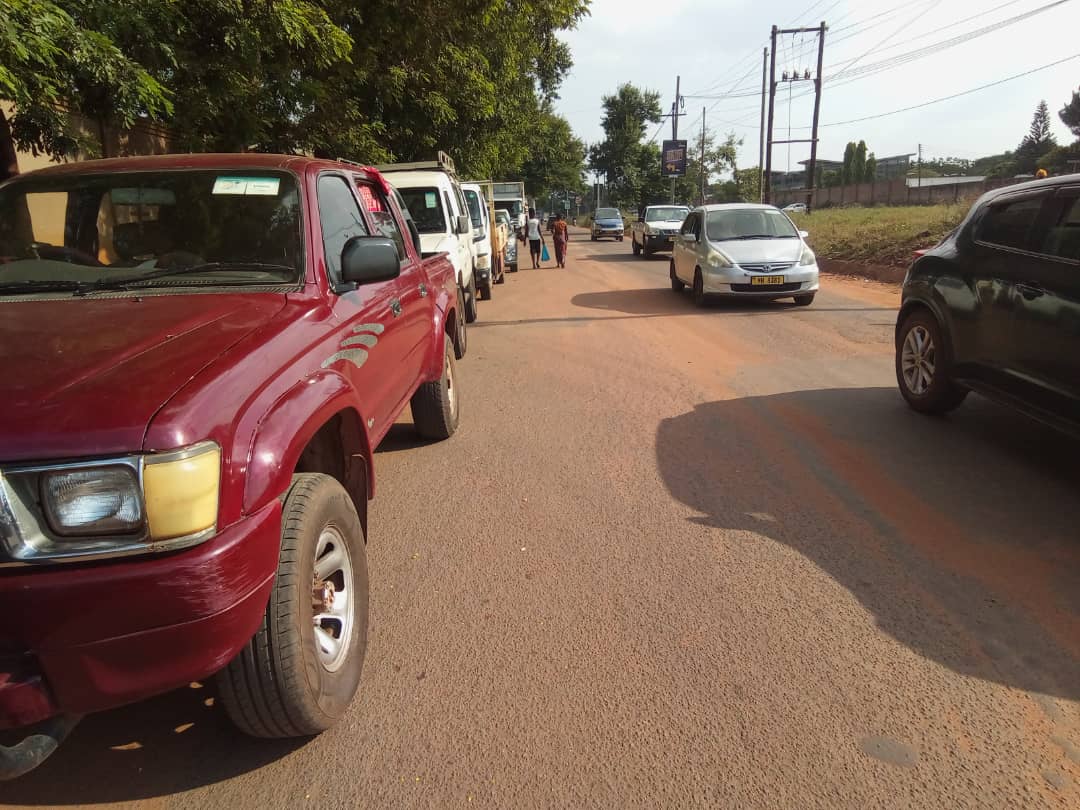Opinion By Suleman Chitera, Chiradzulu based political commentator
As the clock ticks toward the September 2025 elections, Malawians across the nation are reflecting on what has been a painful and disappointing five-year journey under the current administration. From every corner of the country, the story is the same — economic hardship, stagnation in development, and a collapse in the provision of basic services.
When the current leadership assumed office, hopes were high. Promises of transformation, industrialization, and prosperity were made. But five years later, Malawi finds itself grappling with one of the worst economic downturns in its democratic history.
An Economy in Crisis
The most glaring failure has been on the economic front. The cost of living has skyrocketed beyond the reach of ordinary citizens. Basic goods such as maize, sugar, cooking oil, and fuel have either become unaffordable or scarcely available. Queues for fuel have become a norm, and sugar, once a household staple, is now a luxury for many.
Inflation has eroded the purchasing power of the Kwacha, and job creation remains stagnant, especially for the youth. Small businesses are shutting down, and investors are pulling out, citing uncertainty and poor economic management.
Development Promises Unfulfilled
The grand promises of infrastructure development have largely remained on paper. Roads remain dilapidated across both urban and rural areas. Major construction projects have stalled or were never started, with little to show for the massive loans and aid that the government has received.
Electricity blackouts have become more frequent, and water shortages plague many townships. Access to clean water and reliable electricity remains a luxury in a country where these basic services should be a right.
Agriculture and Industrialization — Missed Opportunities
Agriculture, the backbone of Malawi’s economy, has been neglected. Subsidy programs have collapsed due to corruption and mismanagement, and many farmers have been left without fertilizer or access to markets. Meanwhile, the much-talked-about industrialization agenda has yielded no real factories, no value-addition industries, and no tangible impact on exports or employment.
Health and Education in Shambles
The health sector is on the verge of collapse. Hospitals lack essential drugs, medical equipment is outdated, and the country continues to suffer from preventable deaths due to poor healthcare delivery. Doctors and nurses often operate without pay or resources.
Education is another casualty. Schools lack books, desks, and qualified teachers. Infrastructure in many public schools is crumbling, and pass rates in national exams have declined sharply.
A Nation in Pain
What pains Malawians the most is not just the mismanagement — it is the lost hope. The dream of a better Malawi has been turned into a nightmare. Citizens are tired of empty speeches and unfulfilled manifestos. They want change. They want leadership that delivers, not one that blames.
The administration’s failure to stabilize the economy, control commodity prices, deliver on development promises, and restore basic services has plunged Malawi into an economic and social crisis. As 2025 elections approach, the people are watching, remembering, and preparing to speak loudly through the ballot box.
The question remains: Can Malawi afford another five years of broken promises?




